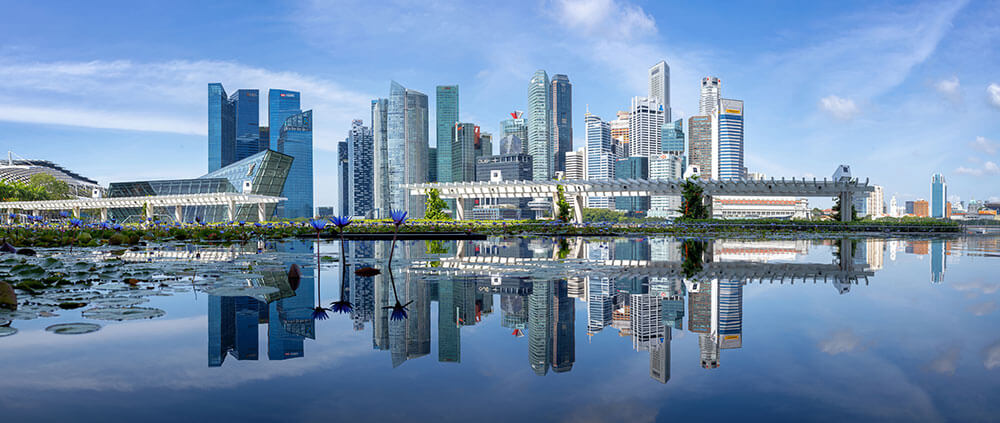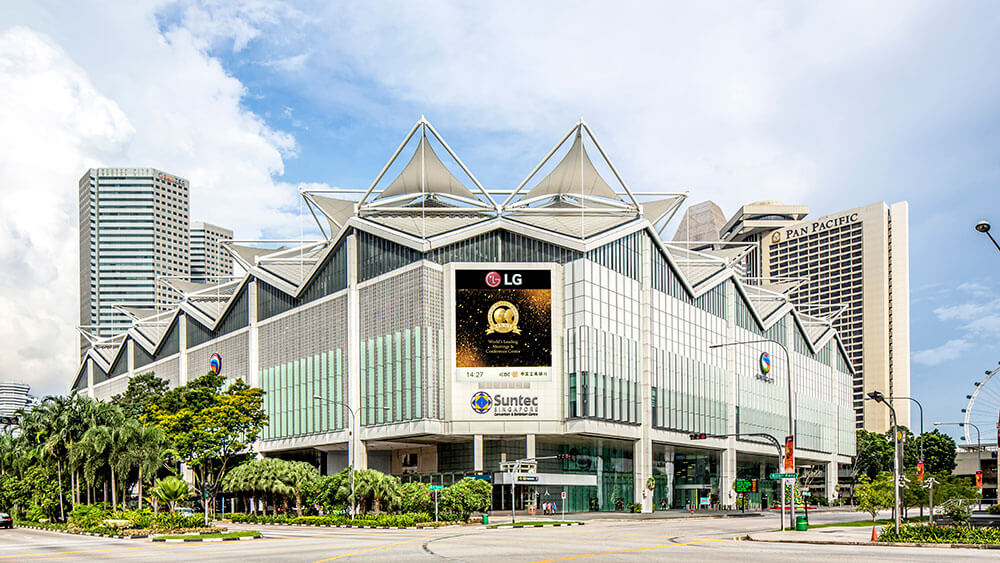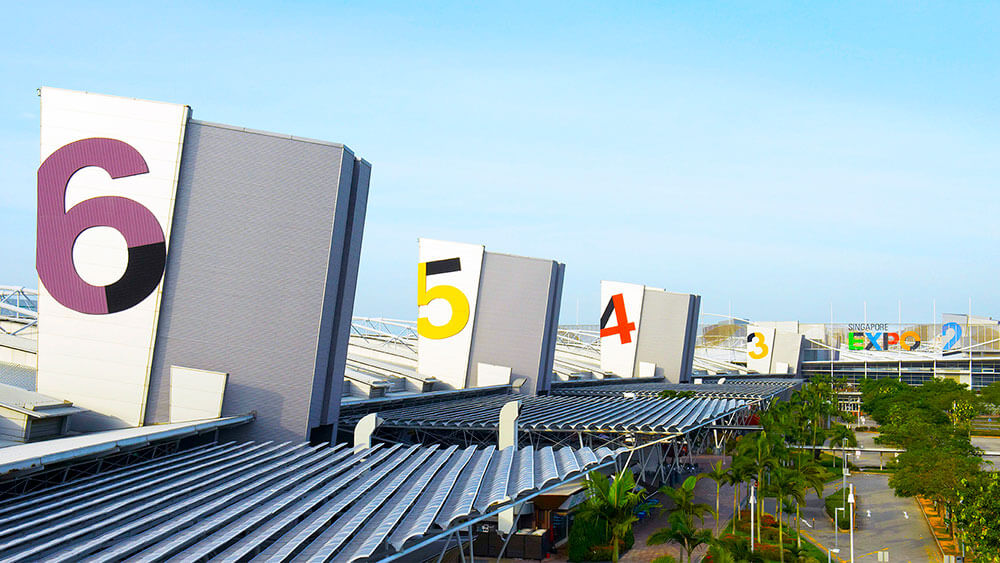
Singapore continues to lead the way in developing innovative solutions for meeting and events, whether they are online or in person. (Photos courtesy STB)
Seemingly overnight, the COVID-19 pandemic upended the business world in unprecedented ways. Its damaging effects are forcing every corner of the hospitality, destination marketing, travel, and live events sectors to rapidly shift their thinking to find a place in the “new normal” of safely doing business without a widely available vaccine.
Rethinking Associations
The pandemic has pushed the association business model — and its over-reliance on event revenues to keep it robust — into challenging new times. In a mid-March study by Association Laboratory Inc., 56 percent of the 1,020 association executives surveyed indicated their association had canceled or postponed a face-to-face meeting since the COVID-19 crisis began.
That cancellation/postponement percentage has no doubt increased since the Strategic and Economic Impact of COVID-19 research was first published. In a survey conducted June 29-July 13 by PCMA in the APAC region, more than half of the respondents — MICE professionals from around Asia — said the overall revenue decline for their events-related business for the rest 2020 will be more than 75 percent due to the pandemic. Nearly 40 percent said the overall revenue impact for their events-related business in 2021 will be a decline of between 25 percent and 50 percent, while 25 percent of respondents said there will be a 51-75-percent negative revenue impact next year.
In a series of PCMA Thinks Tanks in which industry professionals took part, participants expressed their belief that associations also will need to rethink the traditional membership model and education delivery channel of an annual in-person event. One way to do this is for associations to think globally as they revamp their programs. Think Tank participants said that associations potentially can increase their reach by engaging audiences where they live through a blend of physical, digital, and virtual learning experiences.

Suntec Singapore Convention & Exhibition Centre offers the latest in telecommunications technology, with an online customer portal that will help planners customize hybrid events.
Singapore’s Innovative MICE Industry
The APAC survey results support a common belief among the business events industry worldwide: Virtual events — whether fully online or hybrid — will be an important part of the industry in the future. In a series of PCMA COVID-19 Recovery Dashboard surveys conducted since May, on average between 40 and 50 percent of respondents said digital events would have an extensive impact on face-to-face events throughout 2020. The majority of respondents suggested that in 2021 the impact of digital events still will be in the medium range. Results from the APAC survey show 45 percent of respondents expect a high impact and 26 percent an extensive impact over the next six months.
When the pandemic hit, the events engagement platform Jublia saw a critical need to help its customers pivot from in-person to virtual events. The tech company adapted its platform, initially designed only for live events, to also support virtual and hybrid events.
“We’ve consulted with many of our clients to develop a suitable and sustainable virtual offering,” said Errol Lim, co-founder and chief operating officer of Jublia.
Jublia’s redesigned platform had its first test in March, when a large U.S.-based energy summit, which included 400 high-level in-person business meetings, fell victim to a newly imposed travel ban. Jublia helped the event’s director pivot the entire conference to a virtual event in less than 24 hours.
Since that time, Jublia has done additional work on its platform, and has “fully primed our technologies to support our organizers in their hybrid events plans as live events slowly return to the ‘new normal,’” Lim said.

One of Singapore’s many exhibition and convention venues, the Singapore EXPO is equipped with a fibre optics backbone, wireless WIFI facilities and 3.5G mobile coverage to hep groups connect throughout hybrid or live events.
GlobalSign.in, another Singapore-based event technology business, also quickly found solutions for struggling clients who needed to move their events online.
First, GlobalSign.in began educating its customers about virtual events, live video- streaming, and the logistics involved for both. One-one-one sessions, webinars, and online content targeted for events professionals were used to help clients launch their digital events.
The company also developed a new product, GEVME Live, that allows organizations to brand and build their own “digital venue.” It’s tech that CEO Veemal Gungadin believes will work well when all-virtual events shift to hybrid events, too. “While in-person events will be back soon, they will not be the same,” Gungadin said. “In-person events will need to have a digital component in the new normal post-COVID-19.”
As these hybrid events become more common, Singapore will continue to lead the way in developing innovative solutions.
This article was brought to you by the Singapore Tourism Board. The organization is committed to advancing the meetings industry and helping event organizers navigate the big challenges of COVID-19.

